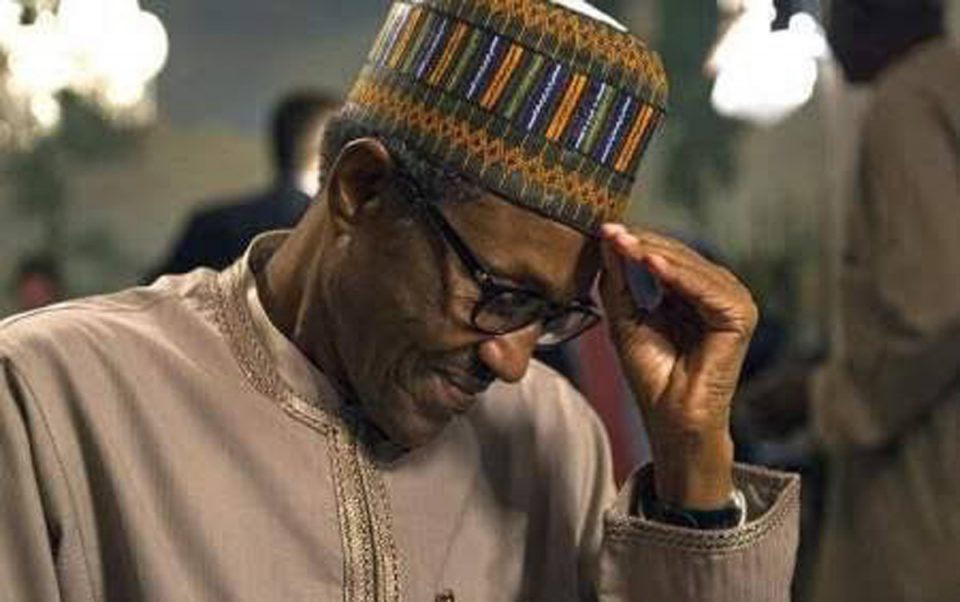The All Progressives Congress, APC, Federal Government must accept the blame for the fact that after six years in power, we are still deeply mired in our intractable petrol subsidy regime.
As the leader of the then opposition party, Muhammadu Buhari had intensely argued that there was no fuel subsidy; that the subsidy which the then Peoples Democratic Party, PDP, government was paying was used to oil the wheel of corruption. He promised to stop the subsidy and even reduce the pump price of petrol if elected.
Many Nigerians believed Buhari because as a former Oil Minister who oversaw the establishment of the Nigerian National Petroleum Corporation, NNPC, he was seen as an expert of sorts. He also assumed the portfolio of Petroleum Resources Minister, a post he still occupies.
It will be recalled that the APC had led a massive protest which ended former President Goodluck Jonathan’s plan to remove petrol subsidy to save one trillion naira in 2012 alone.
Shockingly, Buhari continued subsidy payments until May 2016 when it was announced that the Federal Government had withdrawn the policy, thus jerking petrol price to N145 per litre. Since then, it has been confusion galore, as the Federal Government keeps paying huge subsidies even after several announcements of “full deregulation”.
The Country Director of the World Bank in Nigeria, Shubham Chaudhury, recently disclosed that Nigeria is on track to spend almost N3trn on subsidies this year. The Federal Government itself says it will continue to pay the subsidy till June next year.
pending over seven out of its maximum eight years in power nursing this massive drain on our resources amounts to failure. Unless the regime begins now to align policies towards minimising the social pains of complete and genuine deregulation, we will be back to January 1, 2012 when the APC led out Nigerians against subsidy removal.
Measures that must be taken include helping the Dangote Refineries meet the December 2021 for full commencement of operations. As a critical shareholder, the Federal Government has a duty to do this.
The Federal Government must extend the same gesture to all upcoming private refineries to ensure adequate servicing of their immediate vicinities. More importantly, the revival of all viable public refineries must be completed before June next year.
We should also resuscitate the practice of supplying crude at subsidised price to all local refiners to enable them sell at affordable prices to the Nigerian market. Full downstream deregulation is the desired final destination for the Nigerian economy.
But it must be done with the social safety net of subsidising local refining for the domestic market. If Buhari plans to withdraw subsidy in June 2022 without providing these palliatives just because he is on his way out, he risks getting his party voted out of power.




